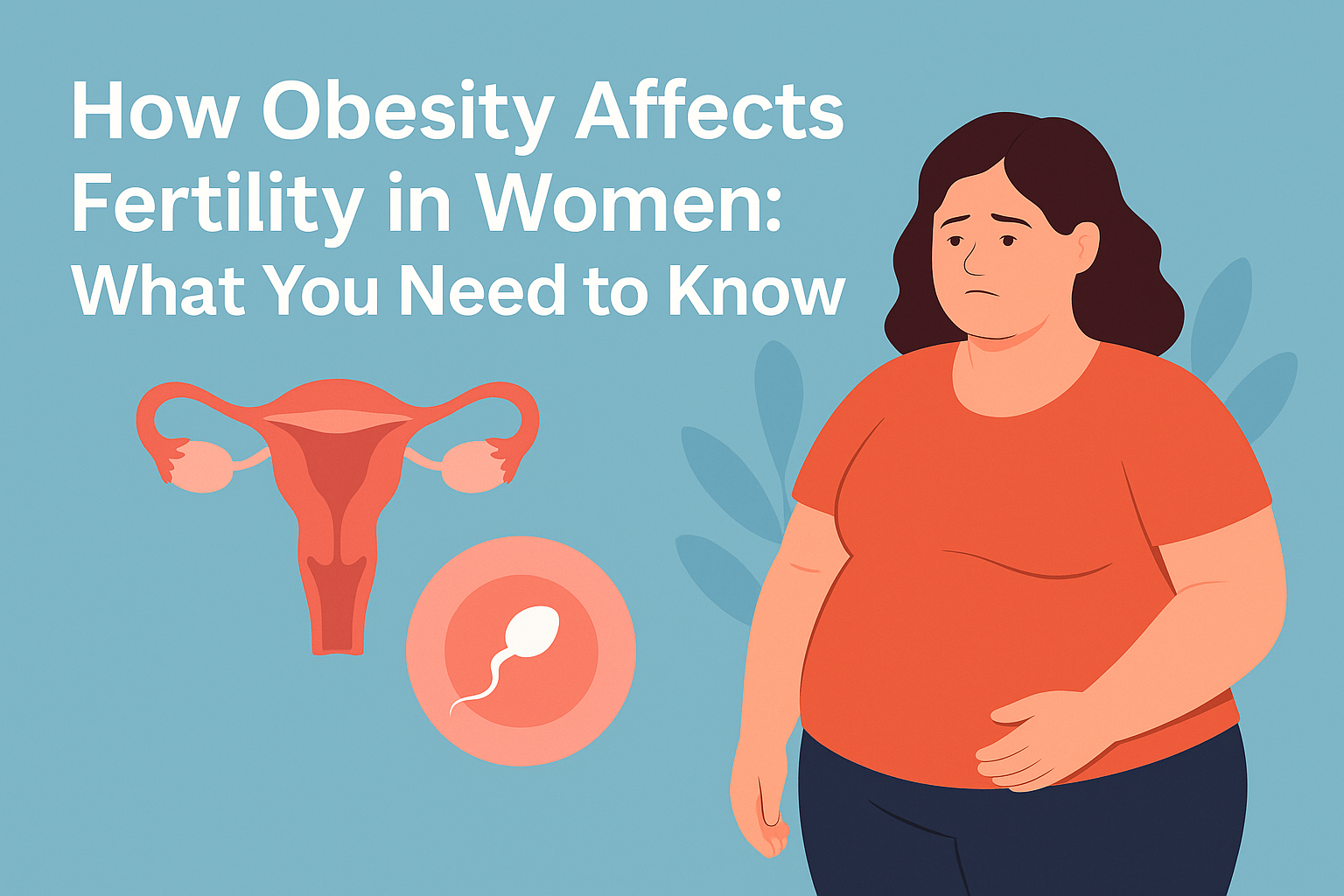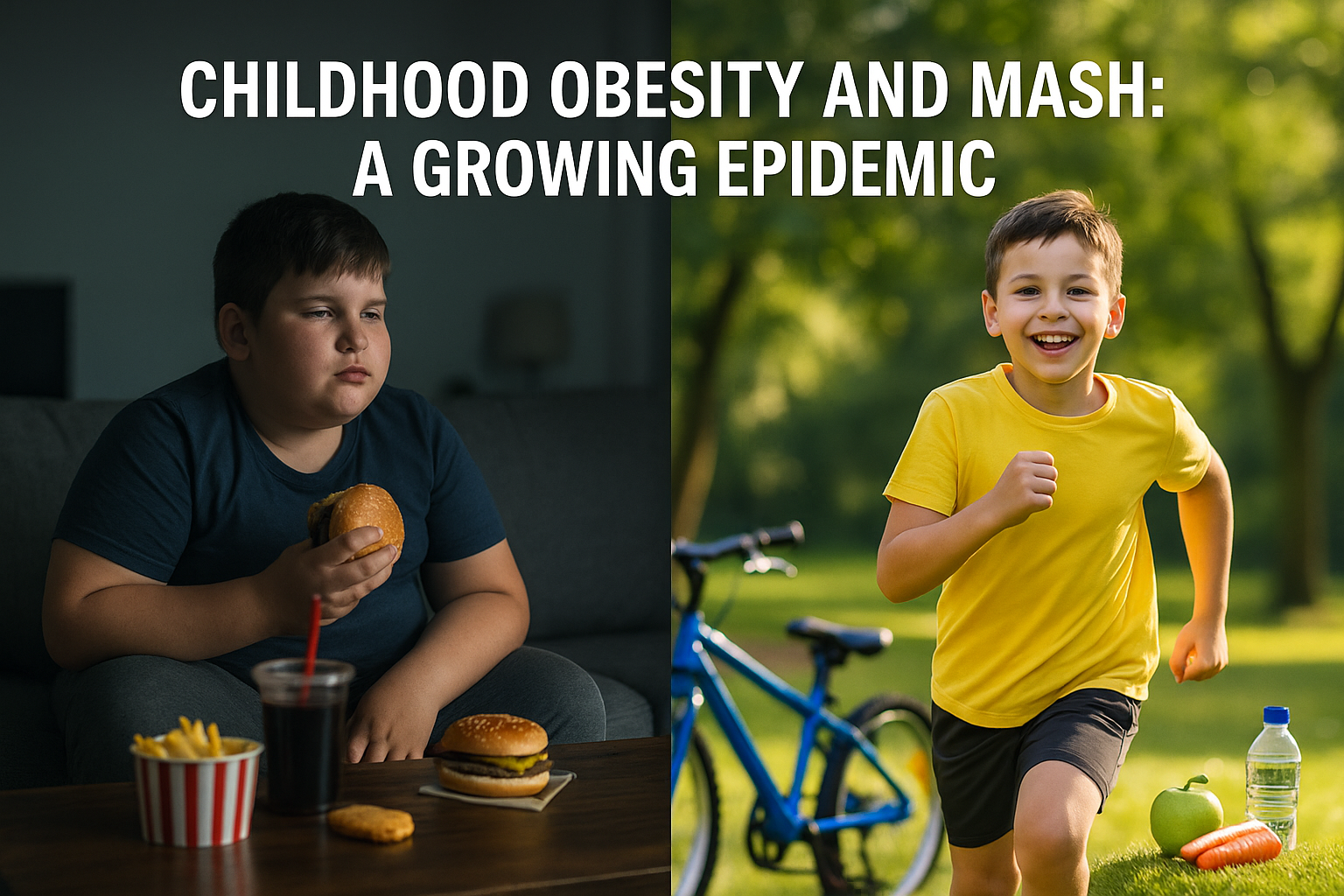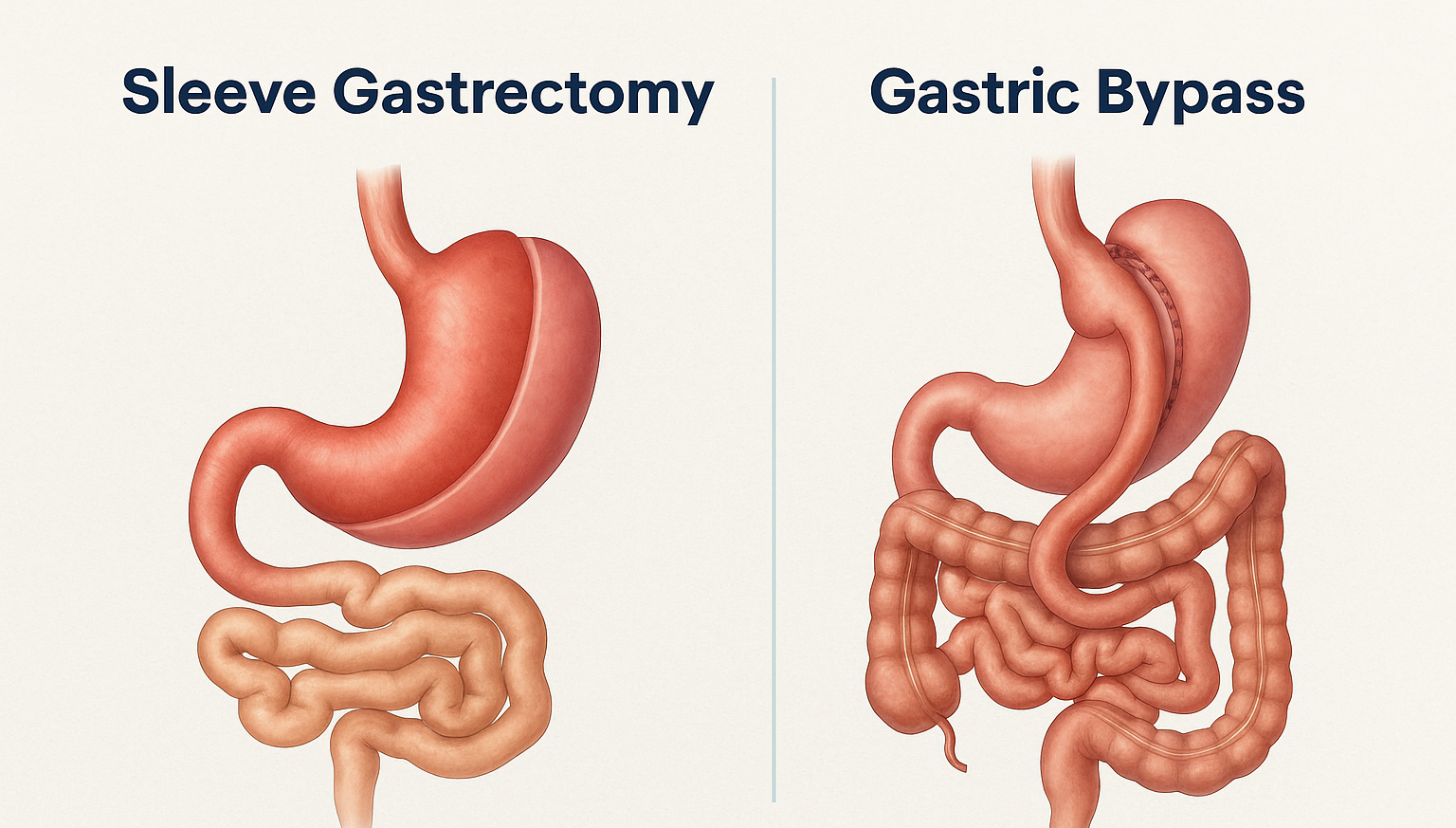
- Healthful Living Insights
Will FAD Diet cause weight loss as they claim?

Fad Diets: The Truth Behind Quick Weight Loss Promises
You’ve probably heard of countless fad diets claiming to help you lose weight quickly. While many of these diets can indeed result in weight loss, the real questions to ask yourself are:
- Are you losing fat or muscle mass?
- Will you be able to maintain the weight loss?
- Are these diets safe?
- Can you realistically follow this diet for the rest of your life?
Before diving into the details, let’s first understand what a “Fad Diet” really is.
What Are Fad Diets?
Fad Di·et (fad dī’ĕt):
A nutritional regimen, often extreme, intended to produce rapid results compared to traditional diet and exercise plans. These diets are often unproven and lack scientific backing.
Fad diets come in all shapes and forms. Some restrict fat, others focus on portion control, while others rely on food combinations or liquids (like juice cleanses). Certain diets even claim that your blood type dictates the foods you should eat.
Examples of Popular Fad Diets:
- Atkins Diet
- Detox Diet
- Yogurt and Dates Diet
- Gluten-Free Diet (for non-celiac individuals)
- Keto Diet
How to Spot a Fad Diet
Be cautious of diets that exhibit one or more of the following characteristics:
- Promise quick results.
- Seem too good to be true.
- Use buzzwords like “magic,” “quick,” “fat-burning,” or “secret ingredient.”
- Eliminate one or more food groups (e.g., carbohydrates, fats, or proteins).
- Lack scientific evidence and rely on testimonials instead.
Remember, diet and health recommendations should be based on years of rigorous research and validation by scientific experts.
The Dangers of Fad Diets
Depriving your body of essential nutrients can have mild to severe side effects, such as:
- Dehydration
- Bad breath
- Fatigue
- Hair loss
- Constipation or diarrhea
- Elevated uric acid levels
- Kidney problems
- Harm to fetal health in pregnant women
Ask Yourself These Questions Before Starting a Diet
Before committing to any diet, consider these three critical questions:
- Can I adopt this diet as a long-term lifestyle?
- Does it include all food groups?
- Does it focus on overall health while promoting weight loss?
If the answer to all three is yes, the diet may be worth considering. If you’re uncertain, consult a doctor or a dietitian for personalized advice.
Tips for Healthy Eating
Instead of following a fad diet, adopt sustainable habits to support a healthy lifestyle:
- Have regular meals and snacks.
- Drink plenty of water.
- Incorporate more vegetables into meals and snacks.
- Avoid keeping sugary or fatty snacks at home or work.
- Never grocery shop when hungry.
- Read nutritional labels carefully.
Final Thoughts
A diet should be more than a quick fix—it should be a lifestyle that promotes long-term health and well-being. A balanced approach combining nutritious eating and regular physical activity is key to maintaining a healthy body and mind.
Choose wisely, stay informed, and always prioritize your health over fleeting trends.

© 2025 Copyright : DHI | POWERED BY PEPMEDIA









